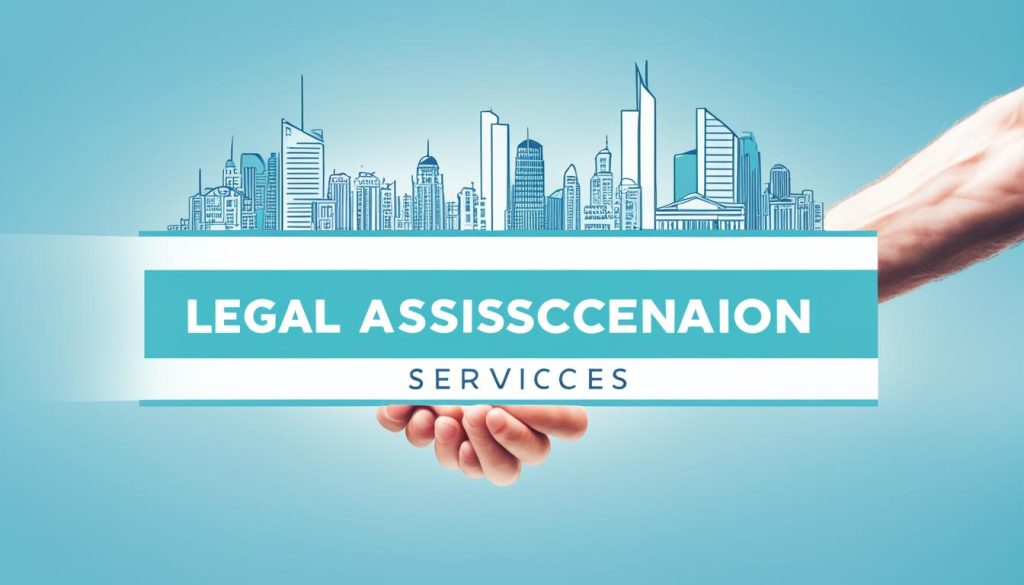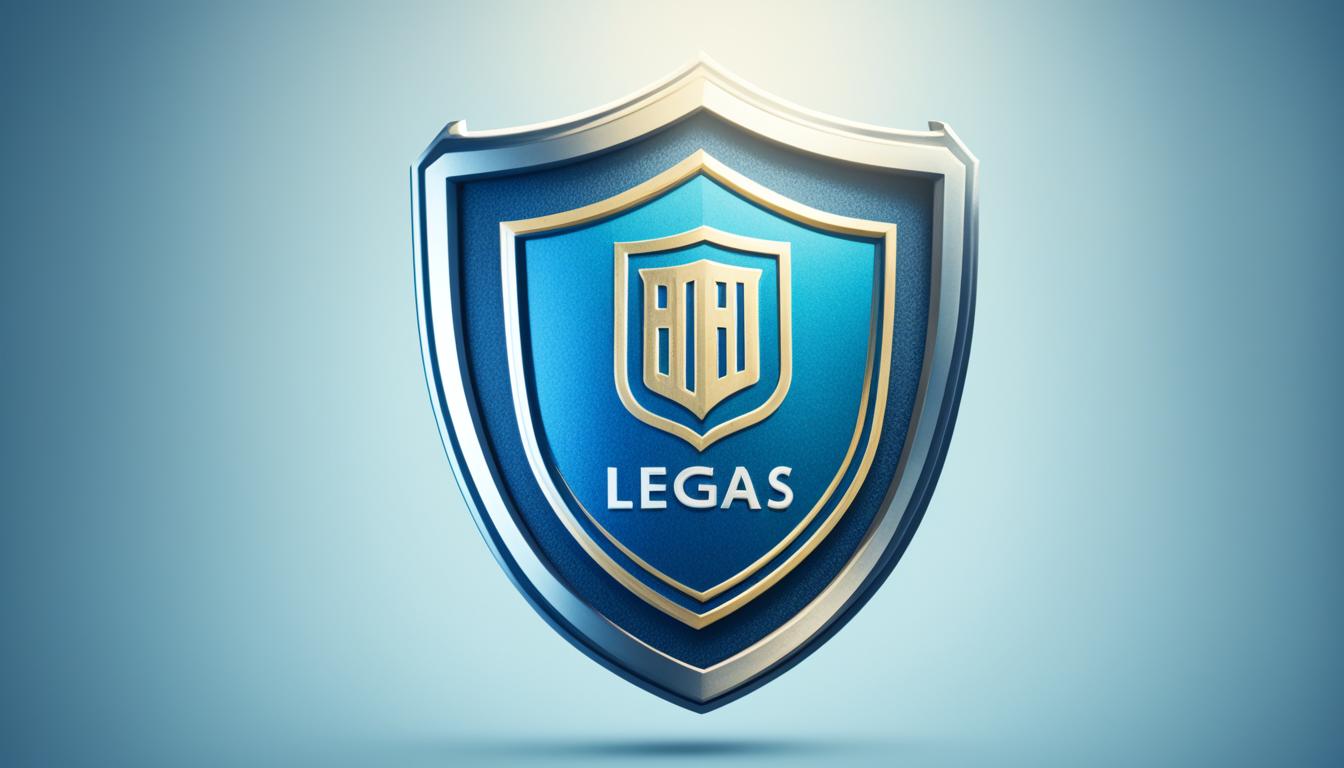Intellectual property rights are crucial to protecting your bottom line. From the proprietary recipe for Coca-Cola to famous patents for the lightbulb, telephone, gas motor engine, and refrigerator, entrepreneurs and investors have worked tirelessly to safeguard their business ideas for centuries, and you should do the same. As of 2022, Samsung holds the title of the world’s largest patent holder, with an impressive 6,248 patents granted during the year. Protecting your business concept is paramount, even if you haven’t invented the next groundbreaking technology.
Safeguarding your ideas is essential, as it helps prevent others from copying or stealing your concept, ensuring you maintain a competitive advantage in the market. Whether you’re developing a line of children’s clothing, a hair business, planning to become a nurse entrepreneur, creating a seasonal business, or venturing into business coaching, you’re bringing something unique and valuable to the market. When you protect those business ideas, mass producers in China or stores down the street cannot legally replicate it and sell it for a fraction of the price, driving away your business.
Key Takeaways
- Intellectual property rights are crucial for protecting your business and maintaining a competitive edge.
- Safeguarding your ideas helps prevent others from copying or stealing your concept, ensuring you have a unique offering in the market.
- Protecting your business ideas is important, even if you haven’t invented a groundbreaking product.
- Failing to protect your ideas can lead to mass producers replicating and undercutting your offerings.
- Investing in intellectual property protection is essential for the long-term success of your business.
Importance of Protecting Your Business Ideas
Intellectual property rights play a crucial role in shielding the competitive advantage of businesses, ranging from Wyoming LLCs to multinational corporations. Patents, copyrights, and trademarks are essential tools for safeguarding proprietary ideas, logos, and other valuable intellectual assets. By leveraging these legal frameworks, entrepreneurs can prevent their hard-earned concepts from being replicated or misappropriated by unscrupulous competitors.
Ensuring Competitive Advantage
A robust intellectual property (IP) portfolio allows businesses to maintain a distinct edge in the marketplace. When your innovative products, services, or branding are protected by patents, trademarks, or copyrights, you can confidently invest in their development and marketing, secure in the knowledge that your ideas cannot be easily copied or stolen. This exclusivity empowers you to command higher prices, differentiate your offerings, and solidify your position as an industry leader.
Preventing Intellectual Property Theft
In today’s fast-paced, globalised economy, the risk of intellectual property theft is ever-present. From knock-off goods to the unlawful use of trade secrets, businesses must be proactive in guarding their valuable intangible assets. By implementing stringent IP protection measures, such as non-disclosure agreements and trade secret management protocols, you can deter would-be infringers and safeguard the long-term viability of your business model.
Legal Frameworks for Protecting Ideas
In today’s competitive business landscape, safeguarding your intellectual property (IP) is paramount. Fortunately, the law provides several robust frameworks to help you protect your innovative ideas and creations. Let’s explore the key legal tools at your disposal.
Intellectual Property (IP) Rights
IP law allows individuals and businesses to earn recognition or financial benefit from what they invent or create. This encompasses a range of protections, including patents, trademarks, and copyrights, which can be leveraged to secure your competitive advantage in the market.
Patents
Patents are generally granted to the inventor of something new, giving the owner the exclusive right to decide how or whether others can use the invention. This powerful legal instrument can be a game-changer for businesses seeking to shield their unique products, processes, or technologies from imitation.
Trademarks
Trademarks are signs that distinguish the goods or services of a company from those of others. The history of trademarks dates back to ancient times, and today they serve as powerful brand identifiers that can be protected through registration and enforcement.
Copyrights
Copyrights are used to protect the rights of creators over their literary and artistic works, covering a wide range of materials including books, music, paintings, and computer programs. By securing copyright protection, you can prevent unauthorised copying or distribution of your original creations.
Leveraging these legal frameworks can be a crucial step in safeguarding your ideas and maintaining a competitive edge in the market. Familiarising yourself with the nuances of IP law and working closely with legal counsel can help you navigate the complexities of protecting your business innovations.

Protecting Your Ideas Legally
Beyond the traditional legal frameworks for protecting intellectual property, businesses can also leverage alternative methods to safeguard their valuable ideas and information. These approaches include trade secrets, non-compete agreements, and non-solicitation agreements.
Trade Secrets
Trade secrets are a specific form of intellectual property rights related to confidential information that may be sold or licensed. This can include any information with actual or potential independent economic value that is not generally known and must be maintained as a secret. Examples of trade secrets can range from proprietary formulas, manufacturing processes, and customer lists to marketing strategies and pricing models. By establishing robust policies and procedures to protect trade secrets, businesses can prevent competitors from gaining unauthorised access to this sensitive data.
Non-Compete Agreements
Non-compete agreements are commonly used with employees to restrict their ability to work for a competitor or start a similar business. These agreements generally state that the employee agrees not to enter into or start a similar profession or trade in competition against the company for a specified period of time after leaving their employment. By implementing non-compete clauses, businesses can protect their competitive advantage and prevent the loss of valuable intellectual property to rival firms.
Non-Solicitation Agreements
Non-solicitation agreements are another contractual tool businesses can use to protect their connections with employees and client bases. These agreements prevent an employee from soliciting any current business clients or employees if they move to work for a competitor. This helps businesses maintain their client relationships and employee talent, ensuring that their ideas and innovations remain within the company and are not exploited by rival firms.
Contractual Protections for Your Ideas
When it comes to safeguarding your intellectual property, contractual agreements play a crucial role in shielding your business ideas from unauthorised use or disclosure. From non-disclosure agreements to work-for-hire contracts, these legal frameworks offer robust protection against infringement and ensure that your innovations remain secure.
Non-Disclosure Agreements (NDAs)
A non-disclosure agreement (NDA) is a legally binding contract that establishes a confidential relationship between two or more parties. By signing an NDA, individuals or companies agree not to disclose any sensitive or proprietary information related to your business, protecting your trade secrets and maintaining the exclusivity of your intellectual property rights.
Work-for-Hire Agreements
Another powerful contractual tool in your arsenal is the work-for-hire agreement. This contract allows you to engage freelancers, consultants, or other professionals to contribute to the development of your business ideas, while ensuring that the copyrights or trademarks generated through their work are assigned to your company. This safeguards your intellectual property and prevents any potential claims or disputes down the line.
Provisional Patent Applications
When it comes to protecting your innovative ideas, a provisional patent application can be a strategic first step. This simplified filing process enables you to establish a priority date for your invention without the need for a formal patent claim, oath, or declaration. By securing a provisional patent, you can gain a 12-month window to further refine your idea and prepare a non-provisional patent application, all while maintaining the exclusivity of your patent rights.

Additional Measures for Safeguarding Your Ideas
Alongside the legal frameworks and contractual protections, businesses should also employ additional measures to safeguard their valuable intellectual property and business ideas. This multi-pronged approach helps ensure comprehensive protection against potential infringement or theft.
Secure Communication Channels
Maintaining the confidentiality of your ideas is paramount, which is why it is essential to employ secure communication channels within your organisation. This includes utilising secure, password-protected company Wi-Fi networks and ensuring all real-time communication channels, such as email and chat, are protected with strong and unique passwords.
Timestamping
Timestamping is another effective method for businesses to secure and protect their ideas. Common mechanisms like Network Time Protocol (NTP) enable networked computers and applications to communicate effectively while securely protecting sensitive information, providing a digital record of when ideas were conceived and developed.
Maintaining Confidentiality
It is crucial to maintain the confidentiality of your business ideas until you have established the necessary intellectual property (IP) protections. Avoid disclosing your idea on social media or to potential investors until you have taken steps to safeguard it, such as filing for patents, trademarks, or copyrights.
Brand Protection Software
Various brand protection software solutions, such as PhishLabs, Adthena, Allure Security, Corsearch, EBRAND, and Red Points, can help businesses monitor for potential infringements on a large scale. These tools can assist in identifying and addressing any unauthorised use of your company’s intellectual property, ensuring your ideas and brand remain protected.
Responding to Intellectual Property Infringement
If you suspect that your intellectual property rights, such as your patents, trademarks, or copyrights, have been infringed upon, it is crucial to act swiftly. The first step is to consult a specialised intellectual property attorney who can assess the situation, gather relevant evidence, and advise you on your legal options. These legal counsel can help you navigate the complex world of infringement litigation and ensure that your business ideas and trade secrets are appropriately protected.
Timing is of the essence when it comes to addressing intellectual property infringement. The sooner you take action, the better your chances of successfully defending your rights and preventing further damage to your brand and competitive advantage. Your intellectual property attorney can assist you in pursuing infringement lawsuits or negotiating licensing agreements to resolve the issue, even without the need for a lengthy court battle.
Remember, your intellectual property is a valuable asset that must be vigilantly protected. By taking proactive steps to safeguard your ideas and innovations, you can ensure that your business remains secure and continues to thrive in the competitive market.
Leveraging Legal Assistance and Business Formation Services
From starting a small business to developing one-person business ideas, Doola’s business formation and compliance services can transform your concept into a thriving reality. As you work to safeguard your intellectual property rights, Doola can assist you in securing the necessary legal structure, Employer Identification Number (EIN), and business bank account to get your company up and running, while also ensuring ongoing legal compliance.
Protecting your ideas legally is crucial, whether you’re an entrepreneur launching a start-up or an established business seeking to shield your patents, trademarks, or copyrights. By partnering with a trusted legal service provider like Doola, you can navigate the complexities of intellectual property rights, non-disclosure agreements, and other contractual safeguards with confidence. This allows you to focus on the core of your business while leaving the legal intricacies to the experts.
Doola’s comprehensive suite of services includes business formation, registered agent representation, and ongoing compliance support. From incorporating your company to obtaining the necessary licences and permits, they can guide you through every step of the process, ensuring your business is set up for success from the outset. By leveraging their expertise, you can protect your ideas legally and establish a solid foundation for your venture’s growth and development.

Embracing Innovation and Continuous Improvement
To stay ahead in today’s dynamic market, it is essential for startups to continuously innovate and evolve their products or services to meet the changing needs of their customers. By keeping a close eye on industry trends and emerging technologies, businesses can maintain a competitive edge and cement their position as market leaders.
Listening to feedback from customers and stakeholders is a crucial driver for driving continuous improvement and innovation. By actively soliciting feedback through surveys, focus groups, and customer reviews, businesses can identify areas for improvement and optimisation, ensuring their offerings remain relevant and valuable to their target audience.
Furthermore, embracing a culture of innovation within the organisation is paramount. Encouraging employees to explore new ideas, experiment with novel approaches, and challenge the status quo can foster a dynamic and adaptable business ecosystem. This, in turn, can lead to the development of groundbreaking products or services that captivate the market and solidify the company’s position as an industry trailblazer.
By continuously refining and enhancing their offerings, startups can not only protect their ideas legally but also stay ahead of the curve and differentiate themselves from their competitors. This commitment to innovation and continuous improvement is the lifeblood of any successful startup, ensuring long-term sustainability and growth in an ever-evolving business landscape.

Conclusion
Launching a startup is a challenging yet rewarding endeavour that requires careful planning, perseverance, and dedication. By following the steps outlined in this guide, I can navigate the journey from idea to execution with confidence and clarity. Protecting my intellectual property rights, understanding the legal frameworks for safeguarding my ideas, and leveraging the expertise of legal professionals and business formation services will be crucial in this process.
As I embrace innovation and drive continuous improvement, I must remain focused on my vision, constantly adapting to industry trends and customer needs. Challenges will undoubtedly arise, but I shall view them as opportunities for growth, never losing sight of the passion that inspired me to embark on this entrepreneurial journey.
With a solid understanding of intellectual property rights, patents, trademarks, and copyrights, I can confidently protect my business ideas and maintain a competitive edge in the market. By utilising non-disclosure agreements, trade secrets, and other contractual protections, I can ensure the confidentiality of my innovations and prevent intellectual property theft.
As I progress, I shall continue to seek the guidance of legal counsel and leverage business formation services to ensure the seamless execution of my entrepreneurial vision. With a strong foundation in intellectual property law and a commitment to excellence, I am poised to turn my aspirations into a thriving, sustainable enterprise.
FAQ
What are the key benefits of protecting my business ideas?
What types of intellectual property rights can I use to protect my ideas?
How can I use non-disclosure agreements and other contracts to safeguard my ideas?
What steps can I take to maintain the confidentiality of my ideas?
What should I do if I suspect someone has infringed on my intellectual property rights?
How can Doola’s business formation and compliance services support my efforts to protect my ideas?
Source Links
- https://www.doola.com/blog/how-to-protect-a-business-idea/
- https://www.linkedin.com/pulse/from-idea-execution-entrepreneurs-guide-launching–lxzzc
- https://www.nibusinessinfo.co.uk/content/5-ways-protect-your-idea-during-business-pitch
